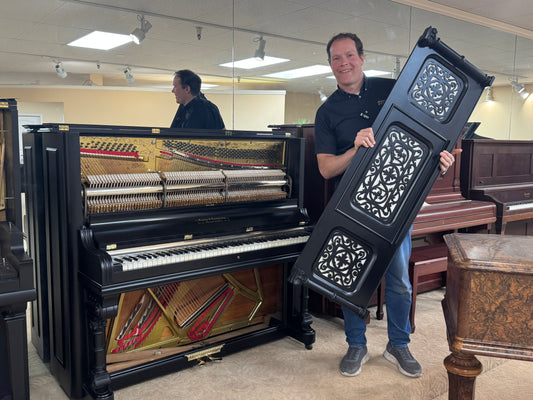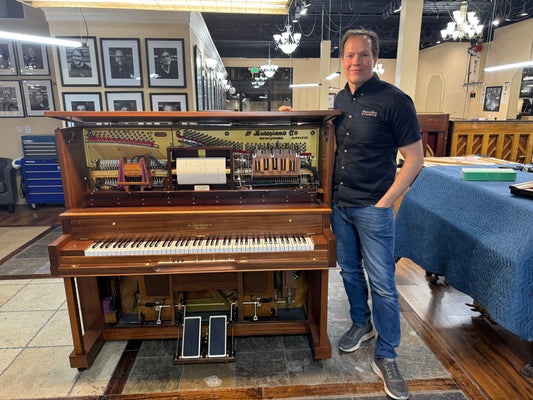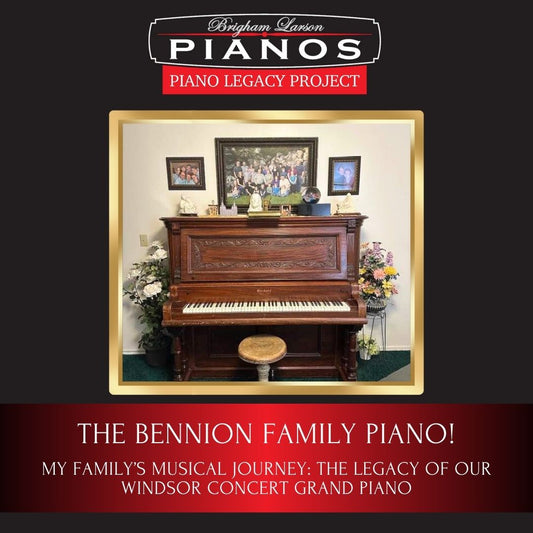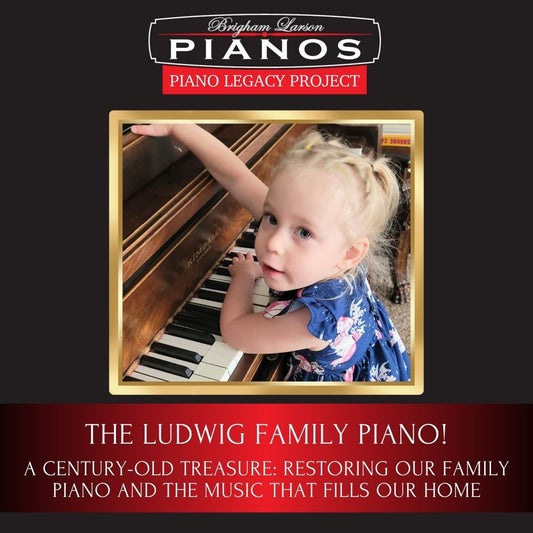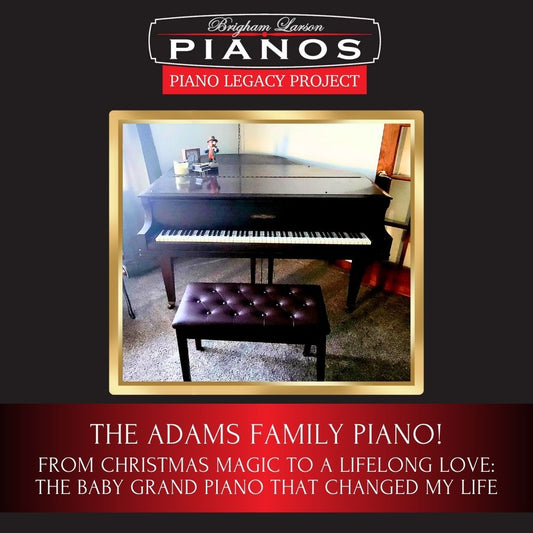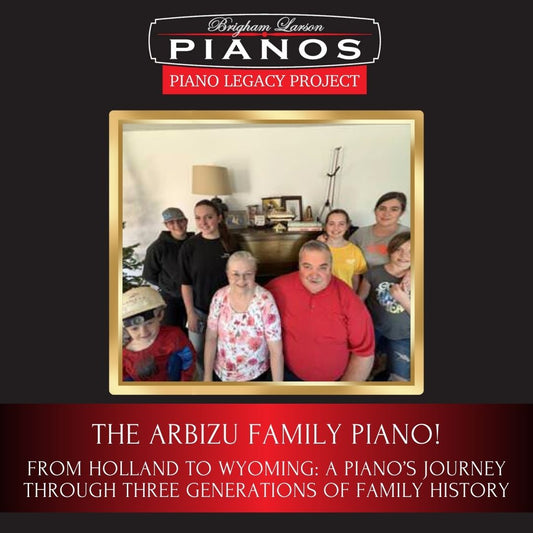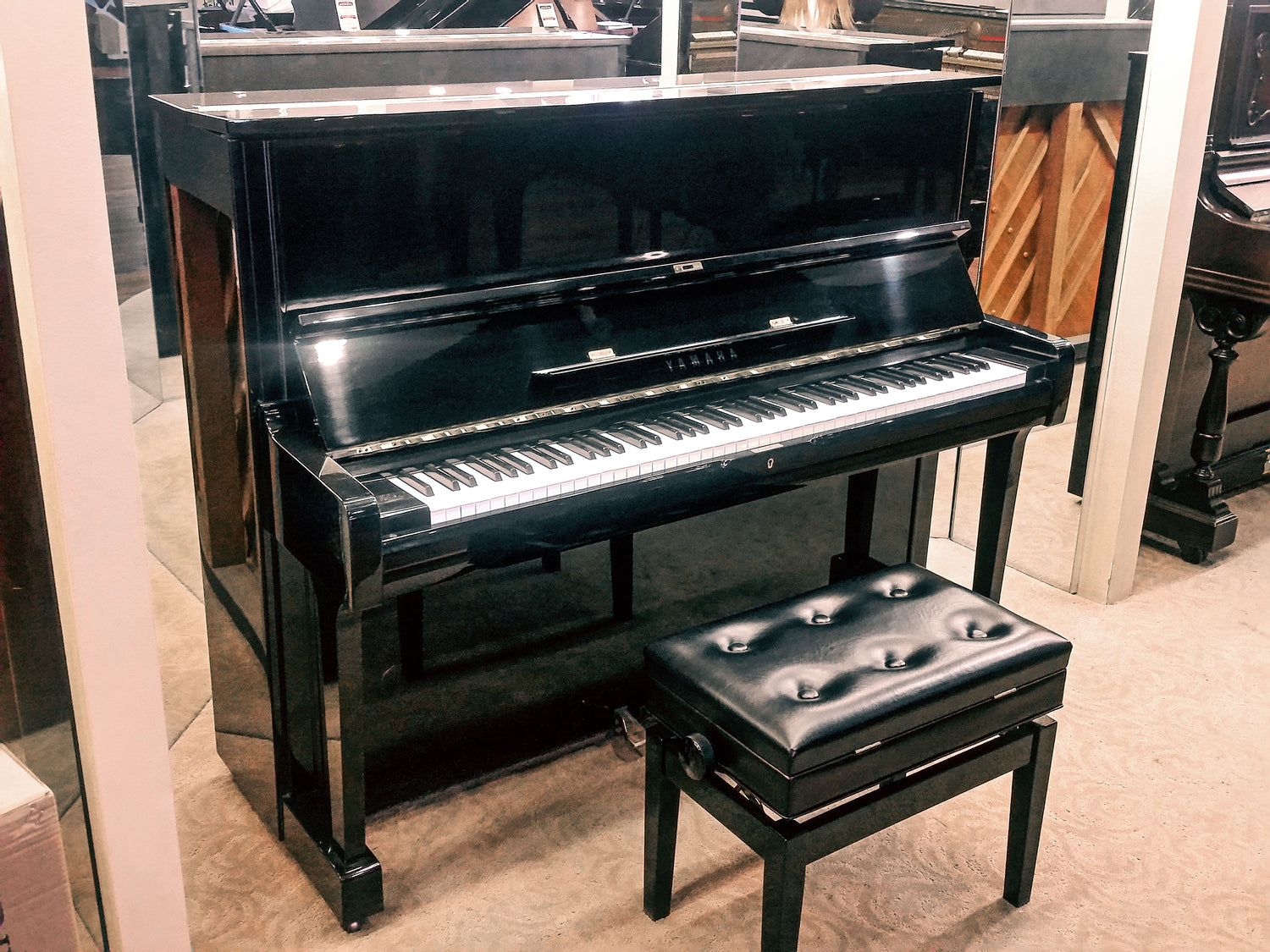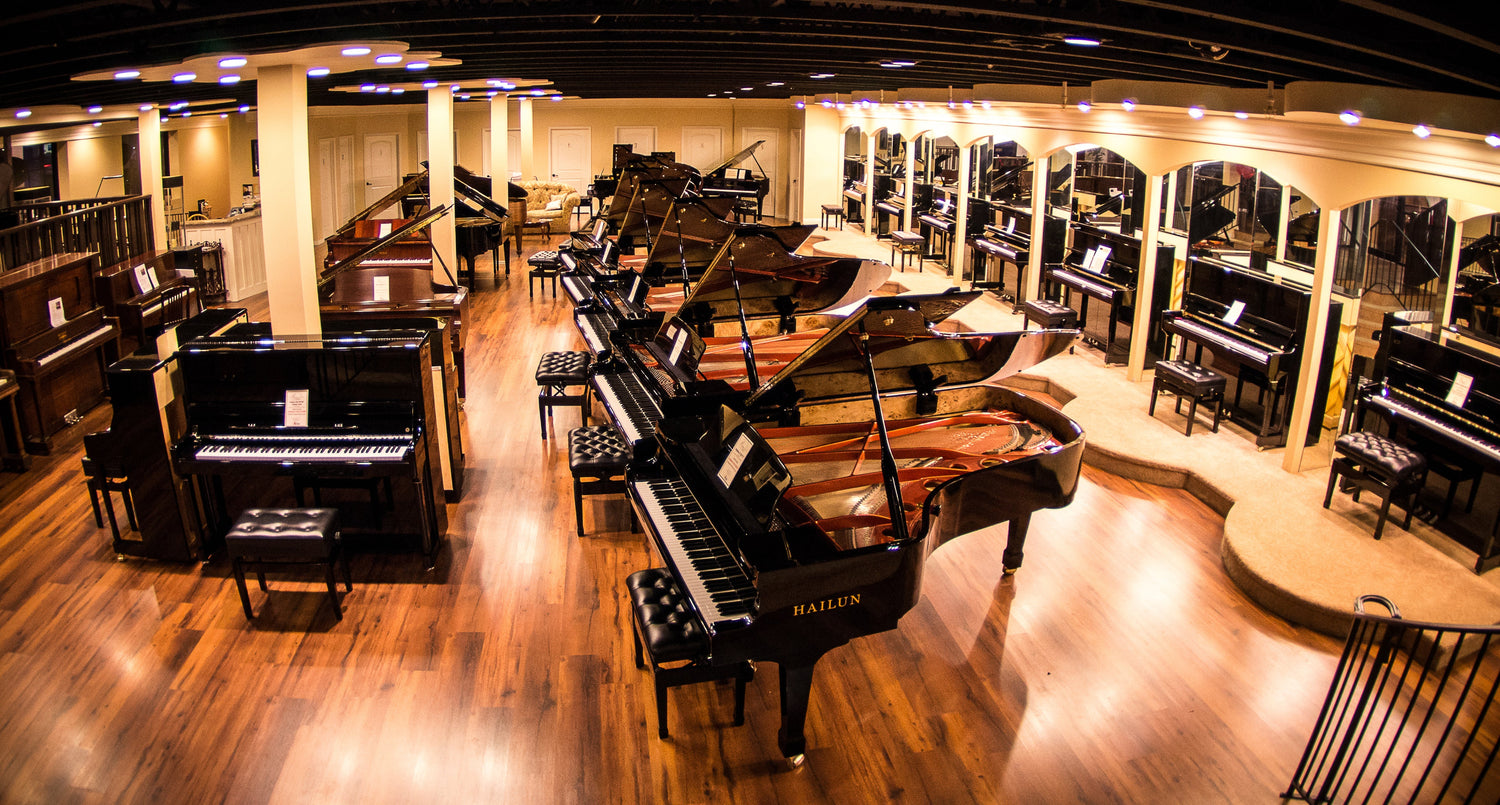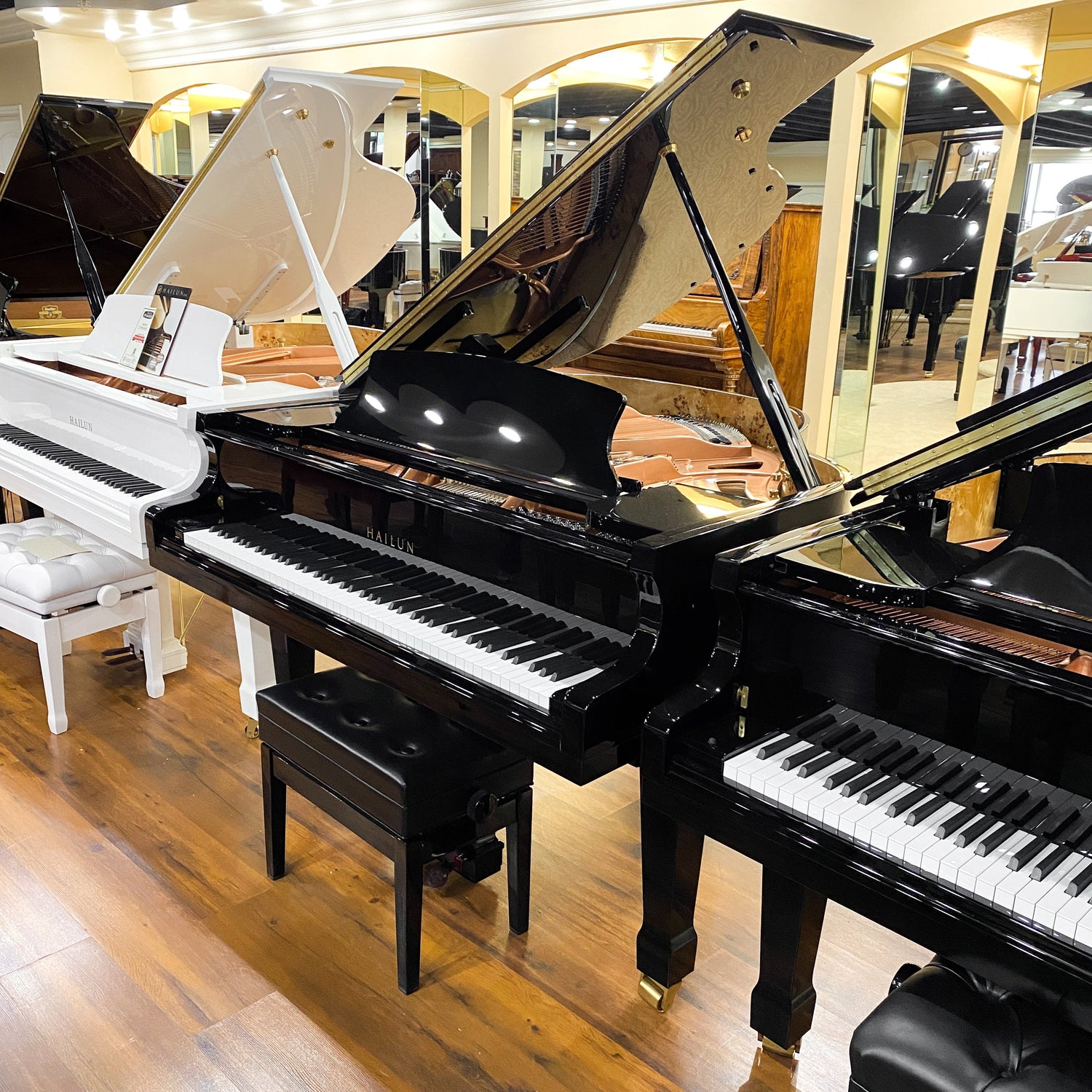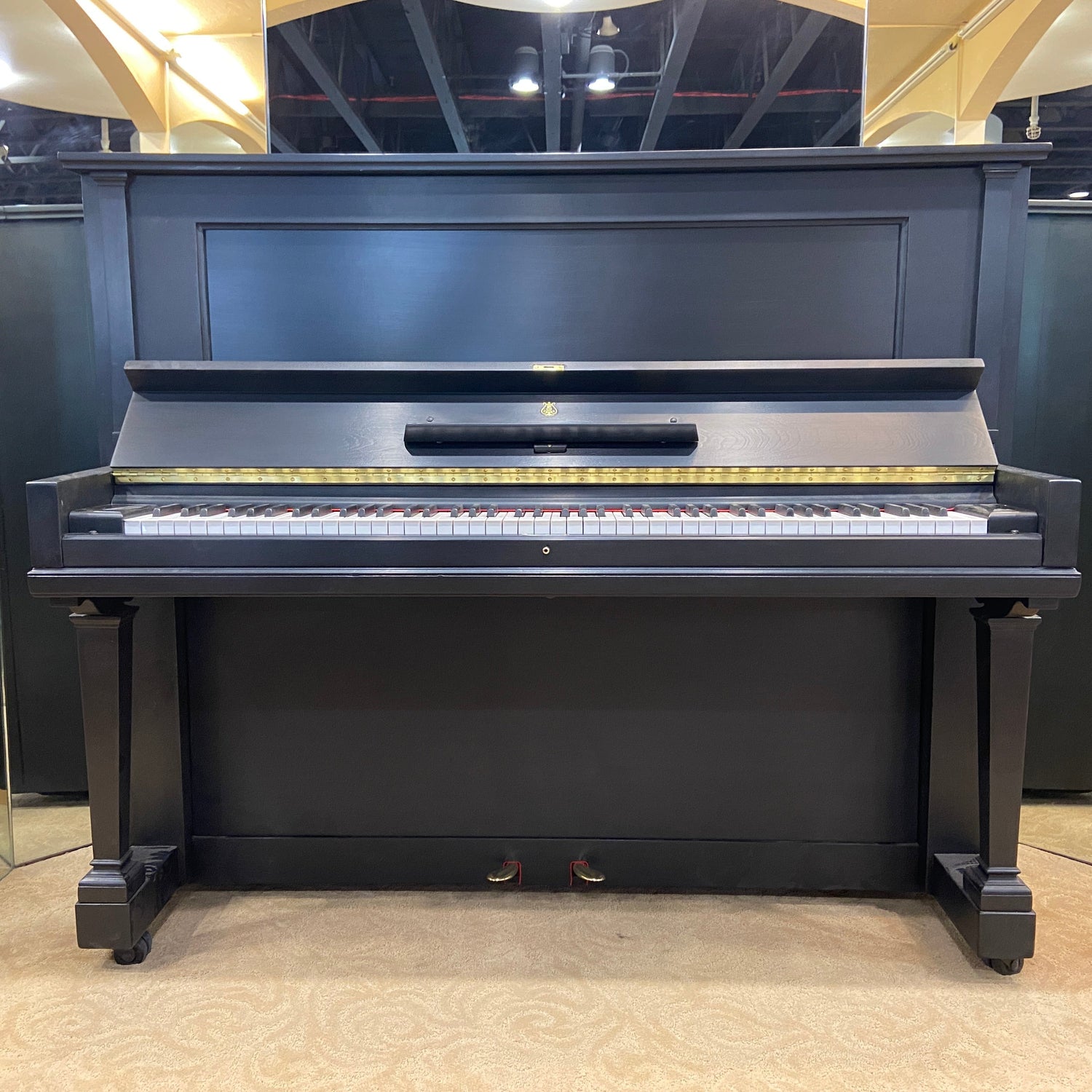
We Don't WORK Piano ... We PLAY Piano!
Karmel LarsonShare
A seven-year-old sits down, plods straight through his five-line song three times, and jumps up, shouting "Done!" To his best knowledge, he's practiced. He forgot a fun element of playing piano: the playing part! Sometimes it seems faster or more fun to simply glide through each piece, but in doing so, we leave true improvement, as well as the satisfaction of playing our best.
When we play at the piano, we experiment with various ideas to create the music we want to create. Our aforementioned seven-year-old instead could notice a bracket on his piece, a place he's working on perfecting, before he even starts playing and starts thinking about it. What were those notes again? How did they connect? What can be done to connect them so there's no pausing? He first experiments with drawing a line in his music to remind him the direction the notes are going. He then plays with a wrist motion to help his notes be correct while making his technique solid. It sounds better--and as a bonus, since he's deliberately using his wrist to help, it's easier!
For another example, let's take a thirteen-year-old learning her first Mozart sonata. She could just try to memorize all the notes through repetition, but she finds it more effective and enjoyable to play with the notes in front of her by analyzing the form. What sections can she break things into? What keys does she play in, and how do they relate to each other? She marks these in her piece with colored pencils to see the form more easily and organize the piece in her mind, making less work long term.
Another way to play at the piano is especially fun: simply listening and creating sound. We could just listen to the initial tone, but a more exciting way to listen includes the strings. If we listen extra carefully, we can hold just one note and listen to the strings reverberate as the sound dies away. Suddenly that one note becomes interesting! We can also experiment with ways to press the key. We can make the sound louder or softer, percussive or not, use pedal or don't. From all these things, we apply what we learn to make music that our audience listens to.


